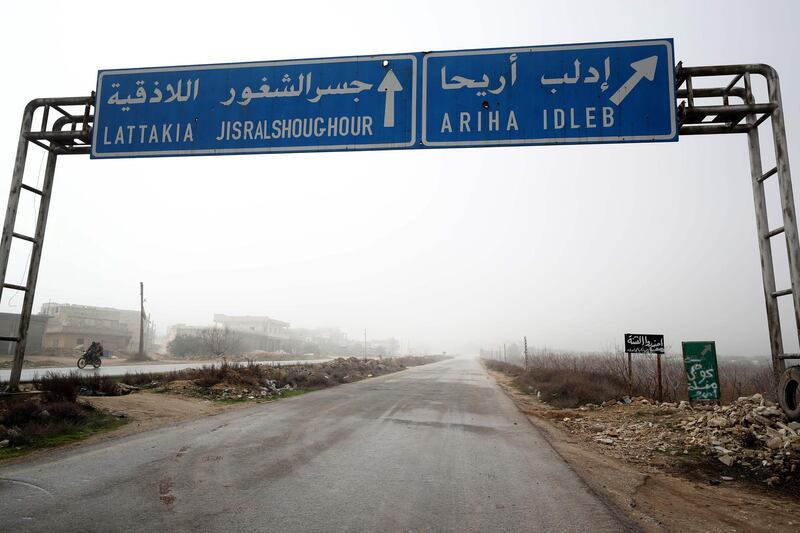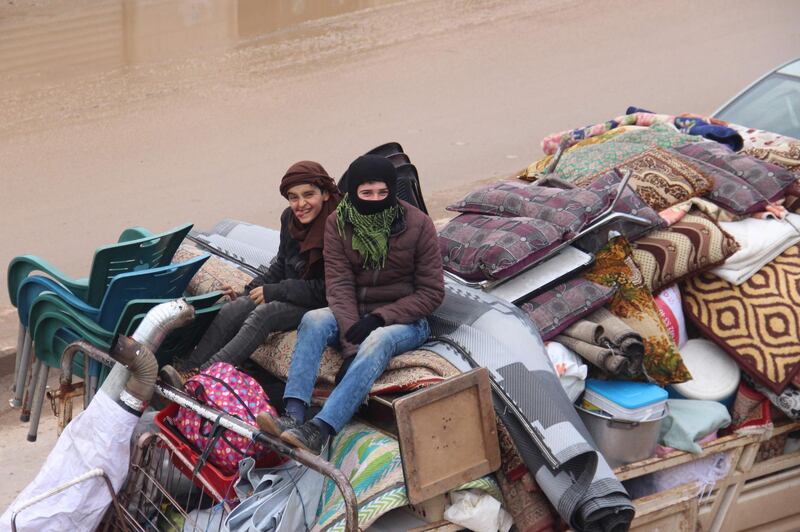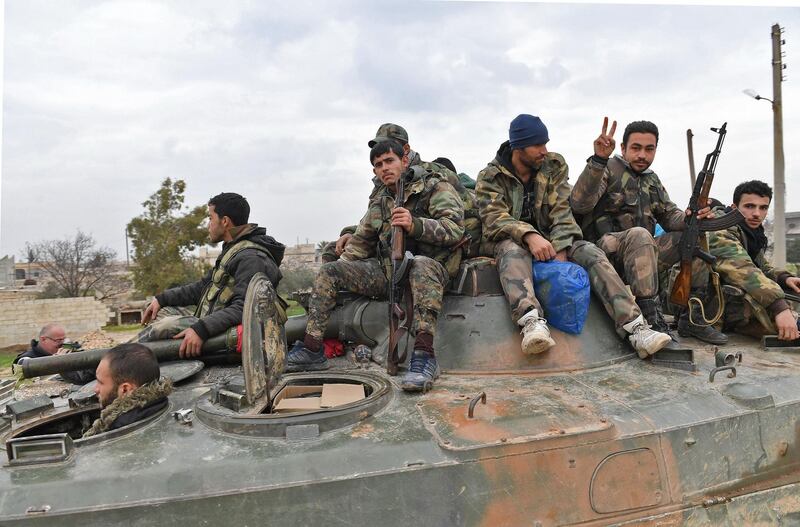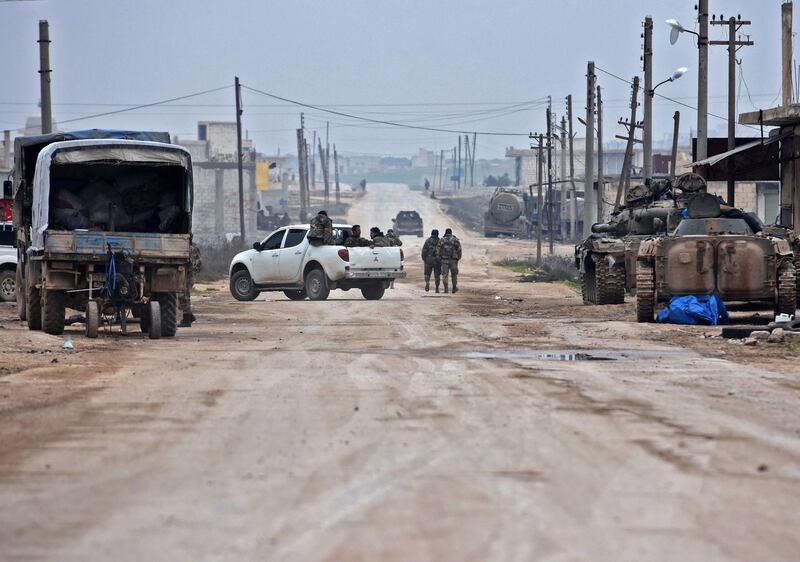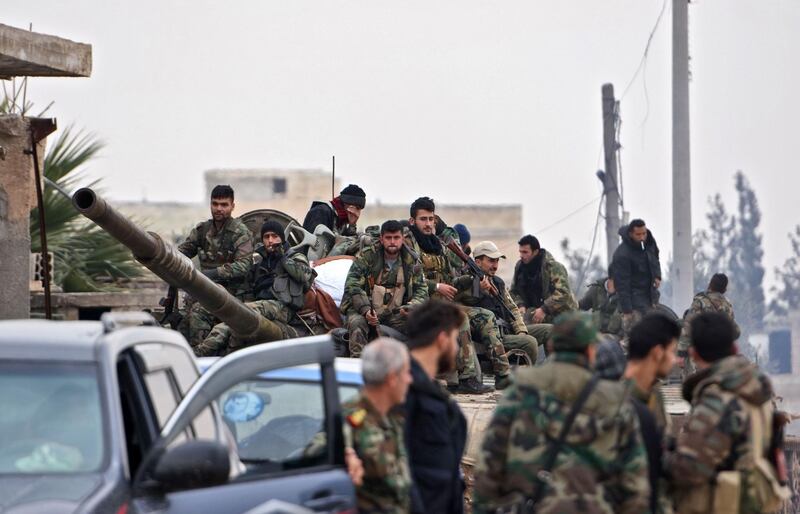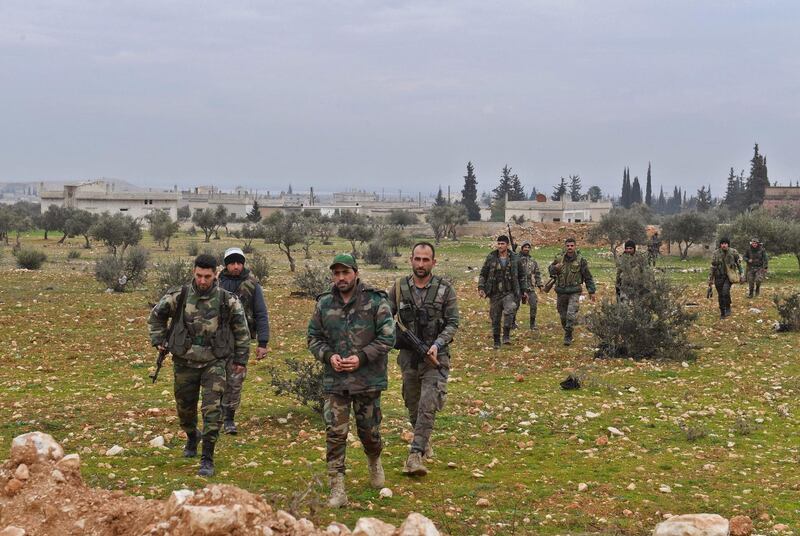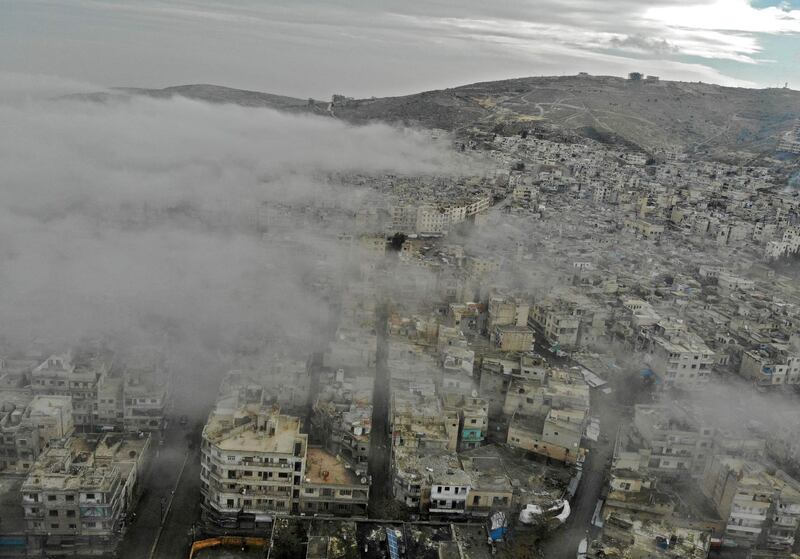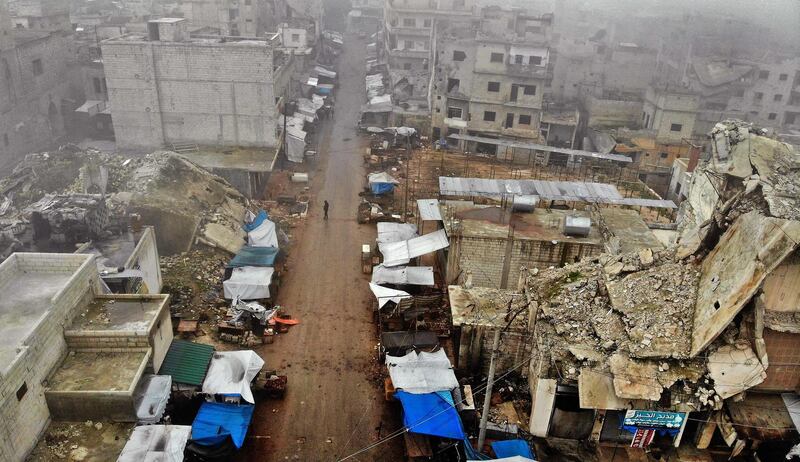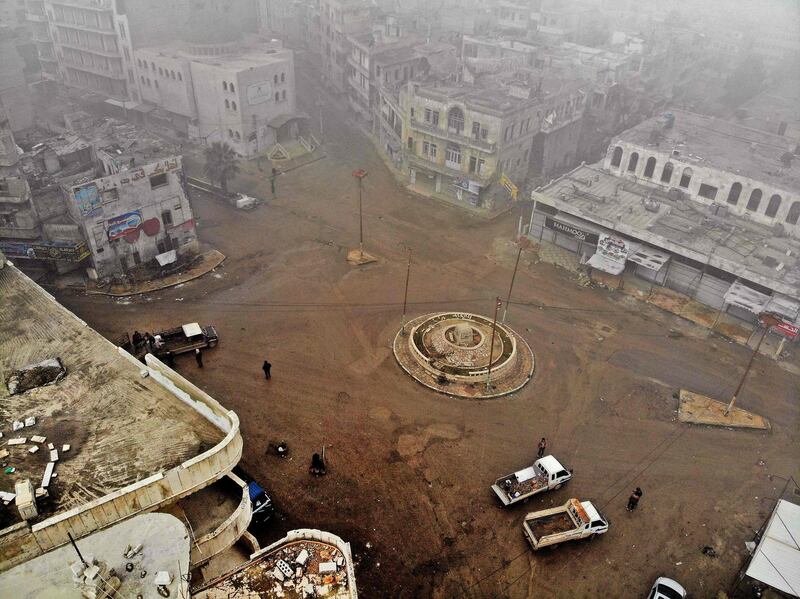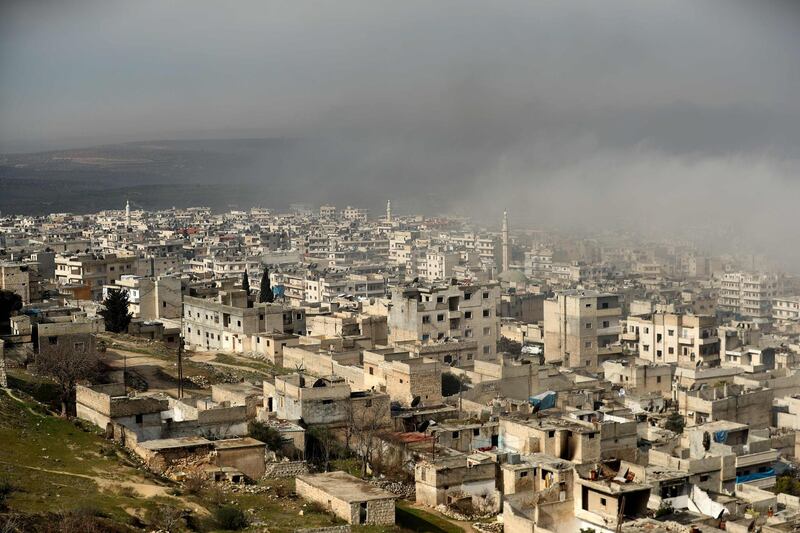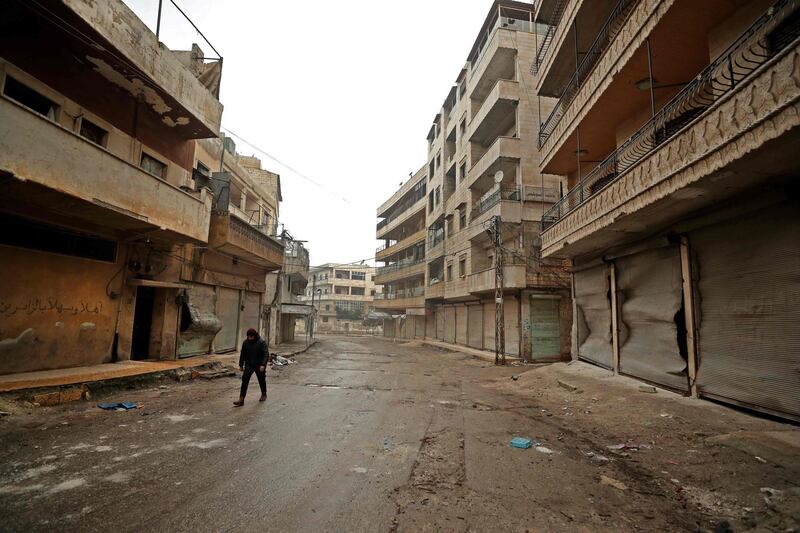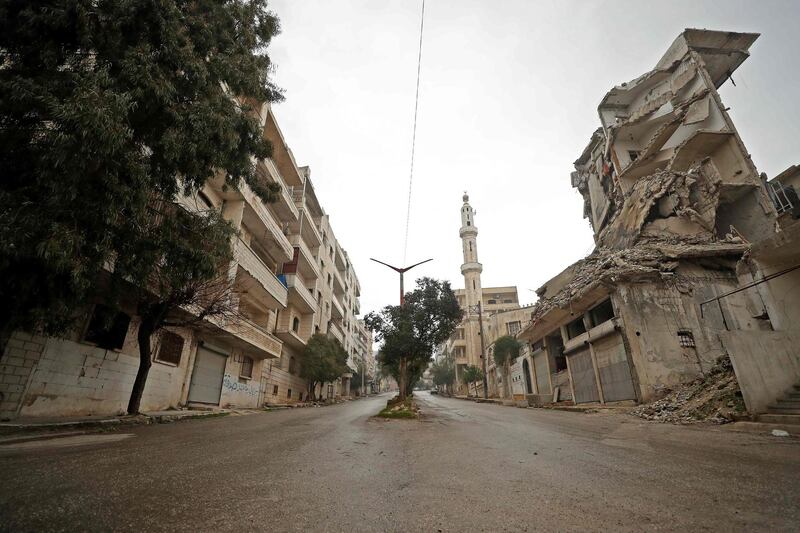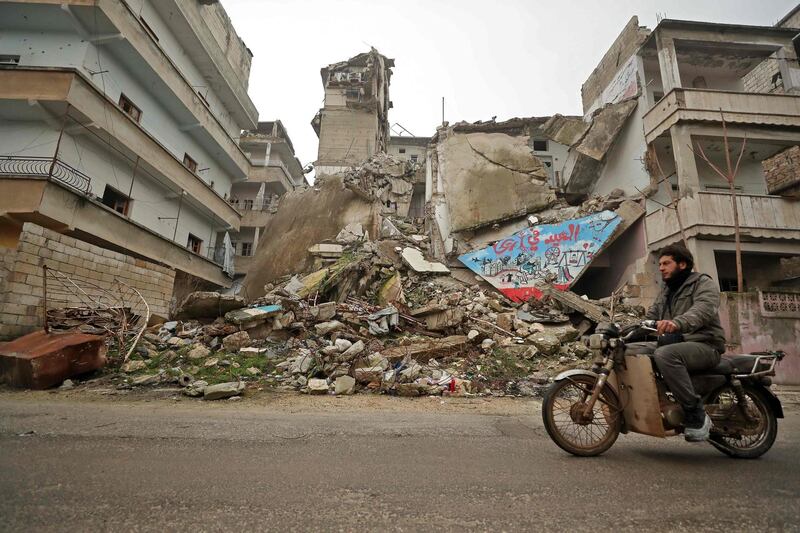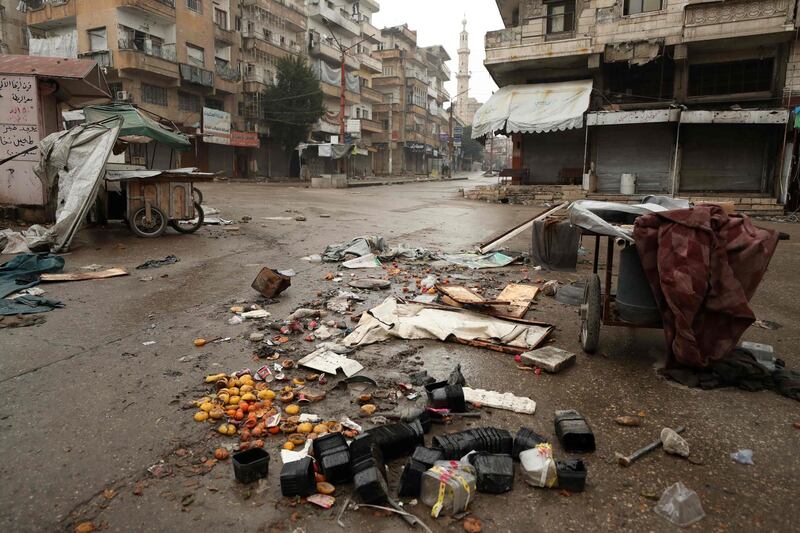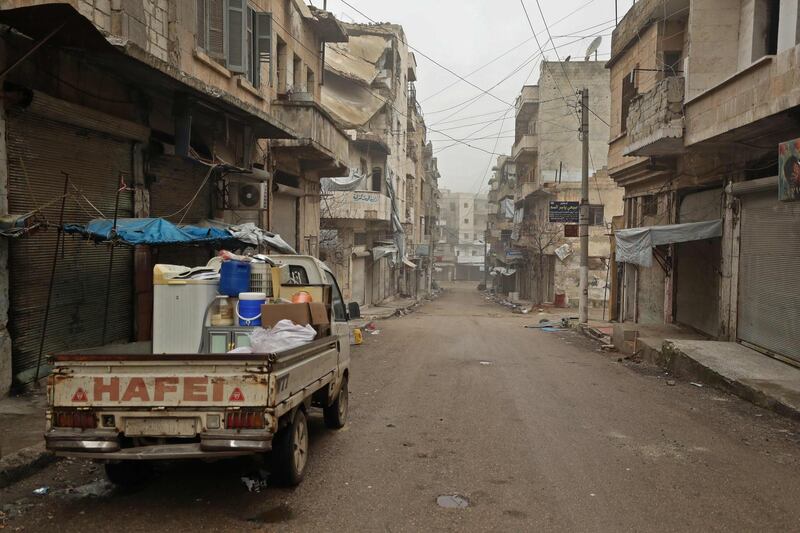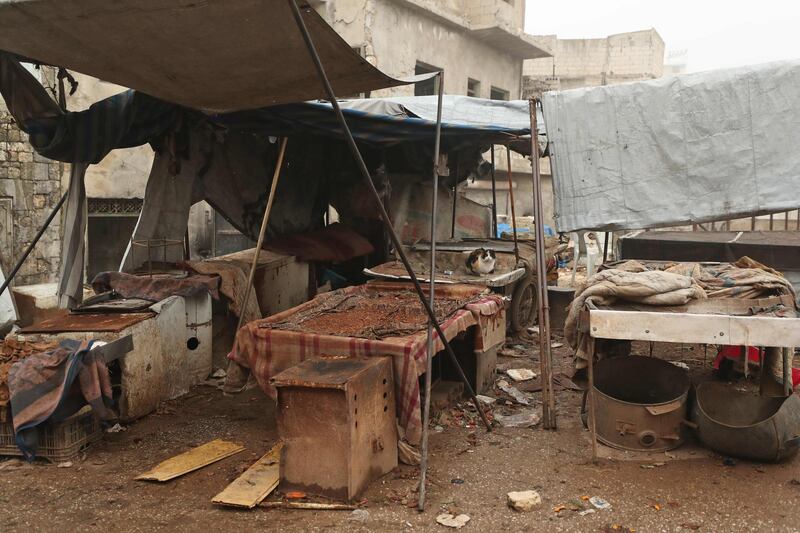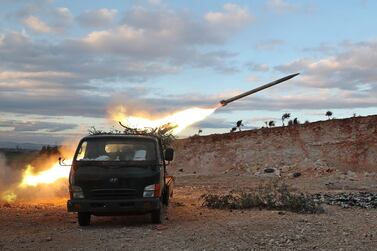Hostilities are increasing in Idlib as Turkey sends reinforcements to the province in north-west Syria to stall the advance of government forces. The Syrian army's offensive has triggered the biggest wave of displaced civilians yet in the nine-year conflict. While world powers juggle a volatile peace process, Idlib's residents are running for cover, pushing a resolution to the nine-year Syrian conflict further from reach. Aid organisations have warned of a "humanitarian catastrophe" in the province and called for an urgent ceasefire, which Russia has opposed. So how did it get to this point?
Why does Idlib matter?
Idlib is the sole territory in Syria that remains under the control of opposition forces.
The bombardment in the region is only the latest in a long string of violent campaigns by the Assad regime to capture insurgent-held territory in Syria.
President Bashar Al Assad's tactics in Idlib follow a similar strategy used by the regime in other areas to force out insurgents and civilians.
His playbook typically involves a complete siege, intensive aerial bombardments, and sometimes even resorting to chemical weapons attacks.
Before Idlib, the Assad regime used the tactics to recapture territory in Ghouta, Hama and Aleppo. In each of those battles, the civilians and opposition forces pushed from their territory were sent to Idlib.
This has ballooned the population in Idlib, setting the stage for another humanitarian disaster as the regime is furthering the forced displacement of nearly one million Syrian people.
Who’s involved?
Syria
Mr Al Assad, whose family dynasty has ruled for nearly half a century, has shown no sign of slowing down his campaign to crush the Syrian opposition.
He and his allies have plunged Idlib into a humanitarian crisis.
Determined to capture the last rebel pocket in the country, Mr Al Assad launched his campaign for Idlib in April, but increased the violence in December with relentless aerial bombardments.
His forces are aiming to capture the critical M5 motorway, the country’s most important commercial route, to lay siege to the area.
Turkey
Turkey has played a role in the Syrian conflict from its beginning in the spring of 2011, when Turkish President Recep Tayyip Erdogan encouraged Mr Al Assad to consider some of the reforms protesters were demanding.
But with the effects of the nine-year war reverberating across the shared border, Turkey decided to officially enter the Syrian war in 2016, backing the insurgents resisting Mr Al Assad.
Turkey and its opposing foreign force, Russia, were largely able to maintain diplomatic relations for many years.
But the escalating conflict in Idlib has severely strained their relationship, with both sides issuing fierce threats in recent weeks.
Turkey was pushing for a ceasefire agreement in the hopes of upholding 2018 lines drawn in Idlib to prevent the Syrian regime from advancing.
Recent talks between Russia and Turkey have largely been fruitless as diplomatic relations between the opposing forces continue to break down.
"An operation in Idlib is imminent. We are counting down, we are making our final warnings," Mr Erdogan said in a televised speech on Monday.
On Thursday, Turkey's Defence Ministry said two Turkish soldiers and as many as 50 Syrian troops had been killed in an air strike in Idlib. The deaths brought to 15 the number of Turkish soldiers killed in Idlib since the Turkish incursion began in December 2019.
Russia
Russia on Wednesday warned Turkey against intervening in Idlib as it blocked a UN bid to halt the Syrian regime’s relentless advance in the region.
Russia entered the Syrian war five years ago during a critical juncture when the collapse of the Assad regime seemed imminent.
Lending their military might, Russia has been a major force in upholding the Syrian regime’s grip on power.
Insurgents
Idlib is the last remaining rebel pocket in Syria after nine years of war. Devoid of many basic human necessities and under constant threat of violence, the territory has become fertile ground for extremist factions looking to take advantage of the lawless environment.
Known extremist factions to exist in the area include the Turkish-backed Free Syrian Army, which operates in the northern territories close to the Turkish border, the non-Turkish affiliated Free Syrian Army, and Al Qaeda-affiliated Hayat Tahrir Al Sham.
Inside an unofficial camp in Syria's Idlib province
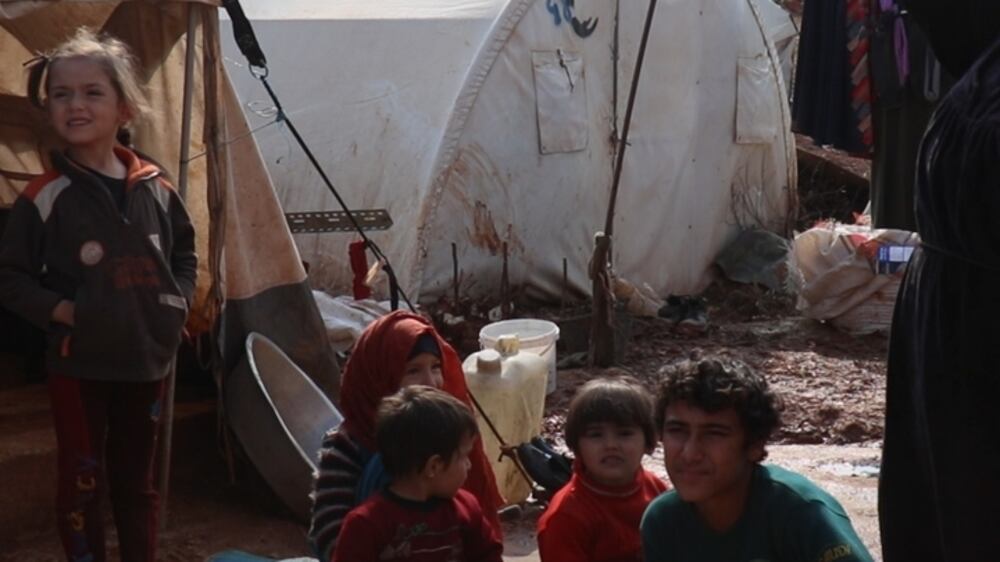
Civilians
Nearly one million Syrians, mostly women and children, are being forced into displacement, fleeing in trucks filled to capacity while navigating wintry conditions. But where they are expected to go is not clear.
Many displaced civilians are headed for the Turkish border, searching for a place to live, but Turkey has said it cannot take any more people, as the country is already struggling to cope with 3.7 million Syrian refugees camped inside its borders.
Many are likely to find themselves languishing in resource-strapped refugee camps as the Syrian mass migration has overwhelmed relief agencies in the region.
Since December, almost 900,000 people have been displaced from north-west Syria, 60 per cent of whom are children, according to the UN office for the Co-ordination of Humanitarian Affairs.
